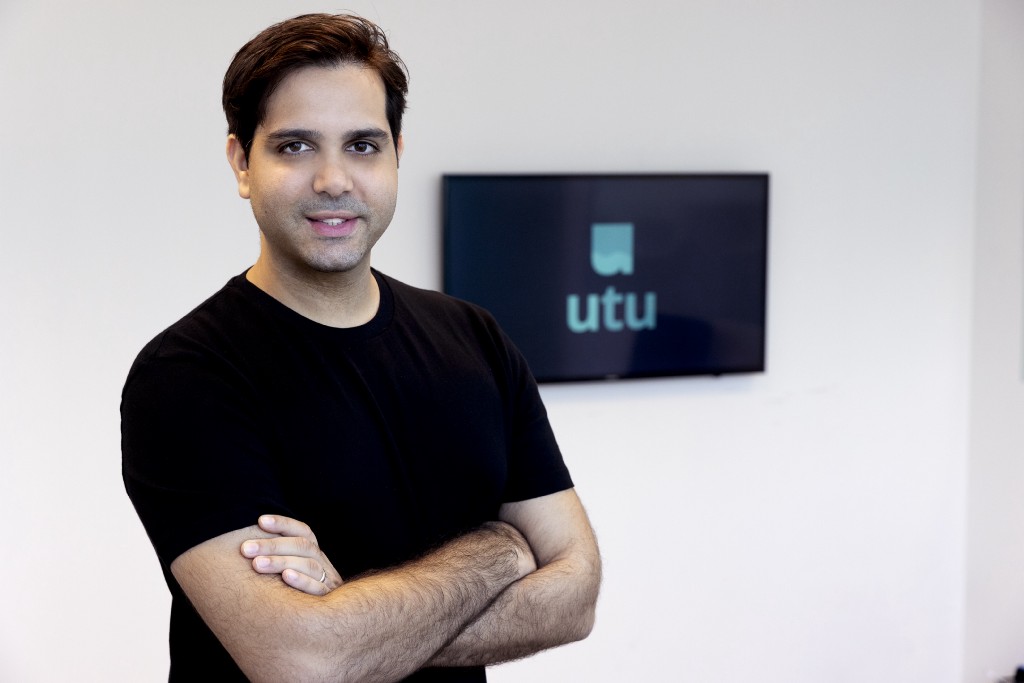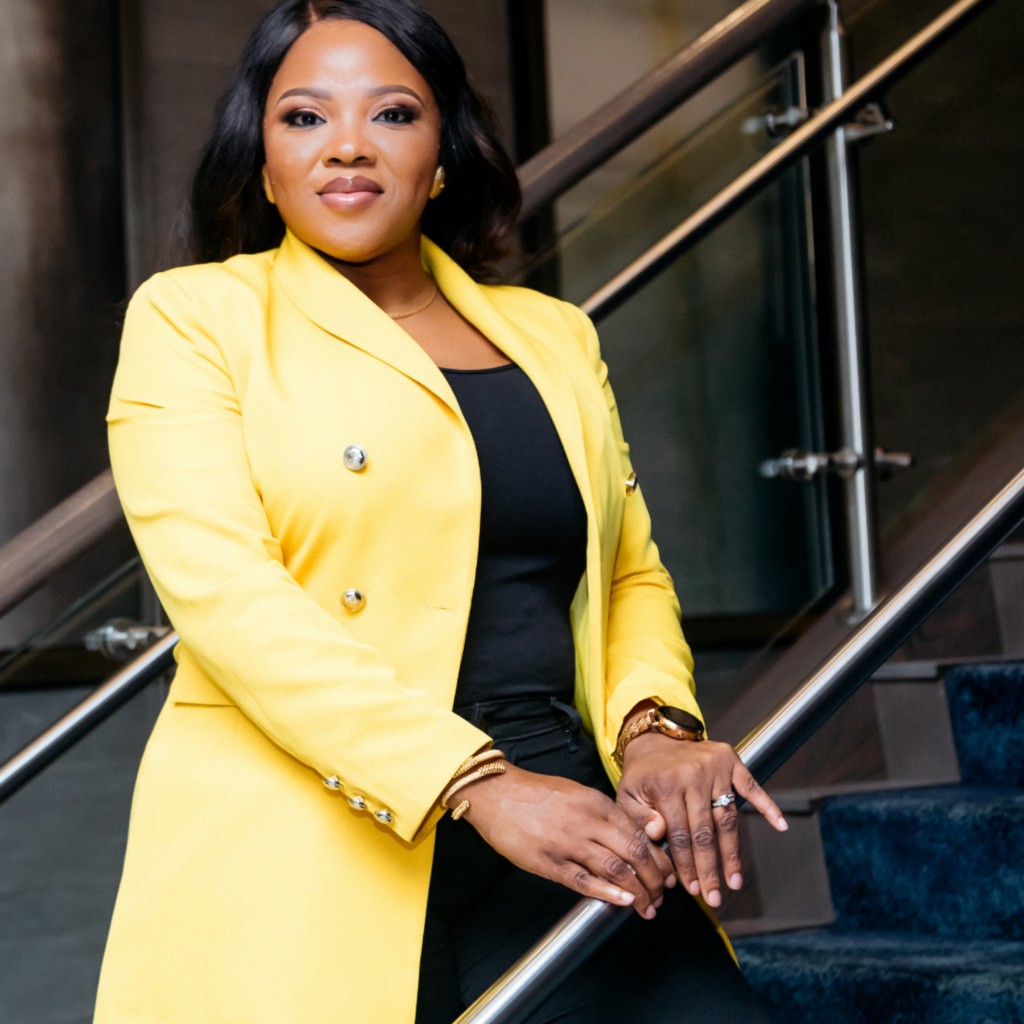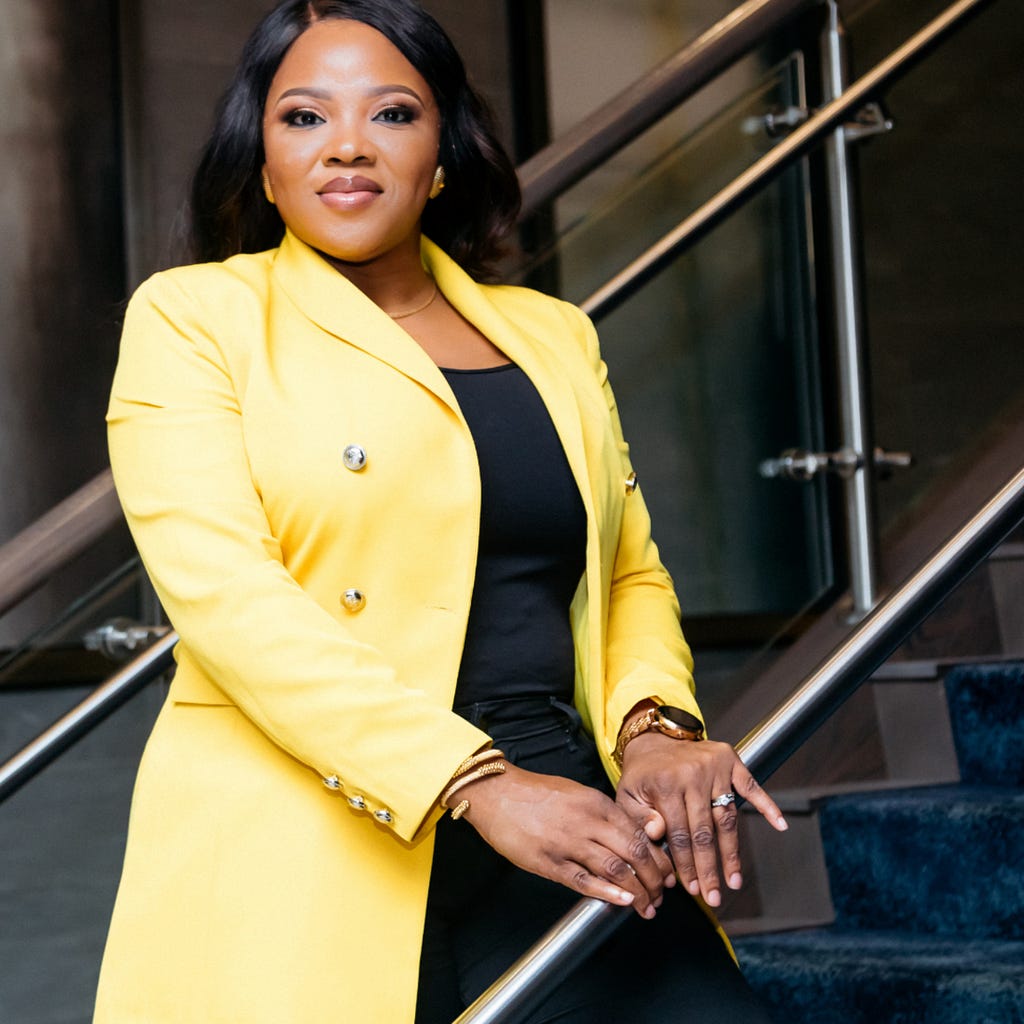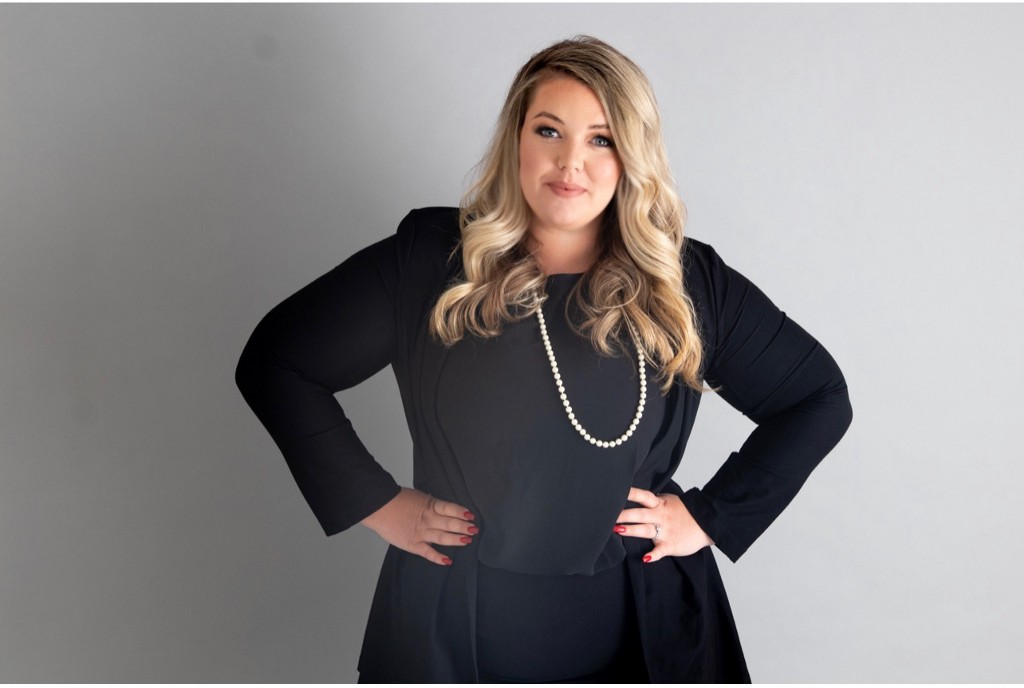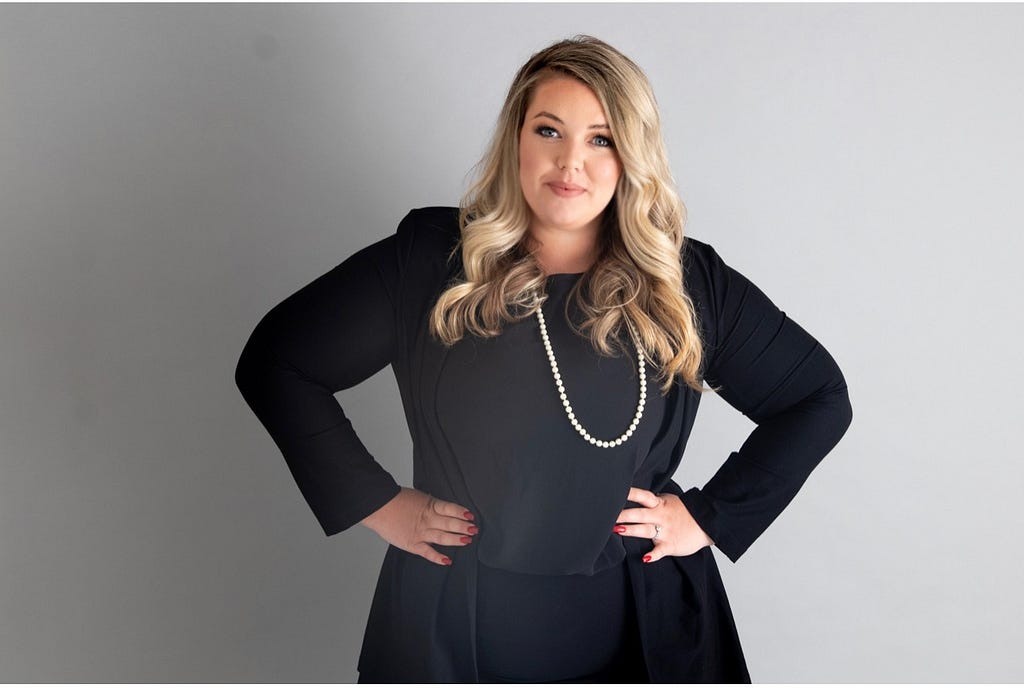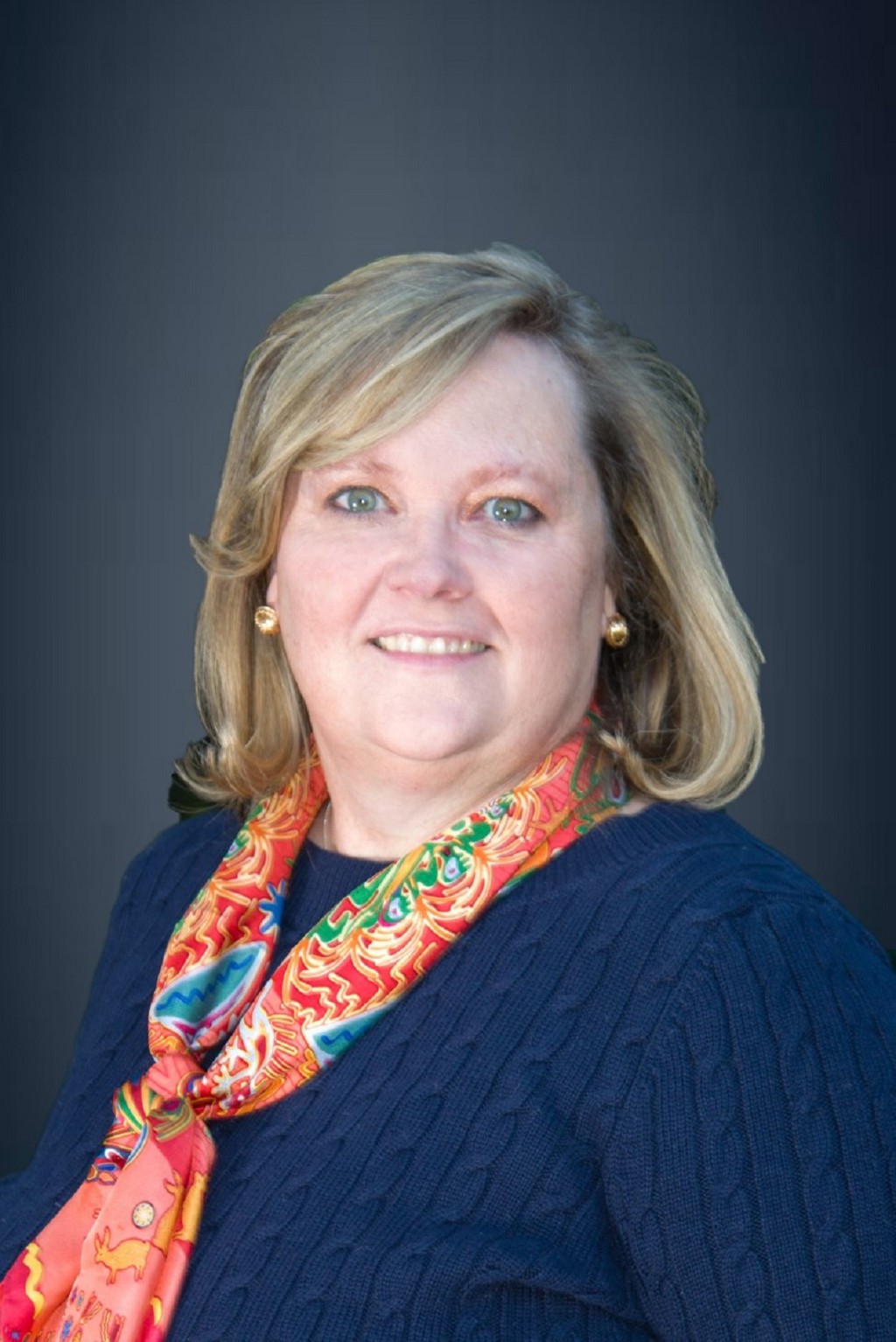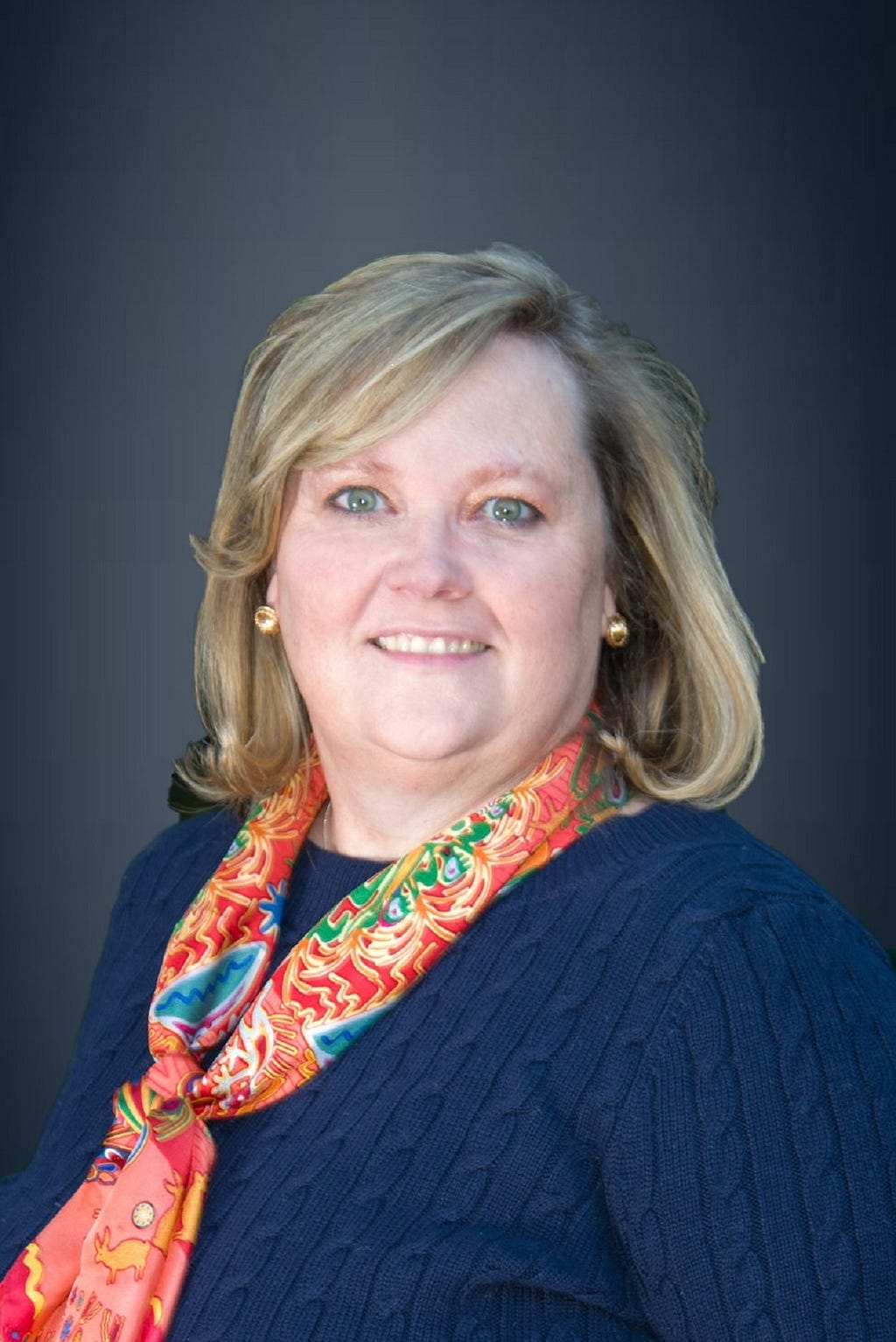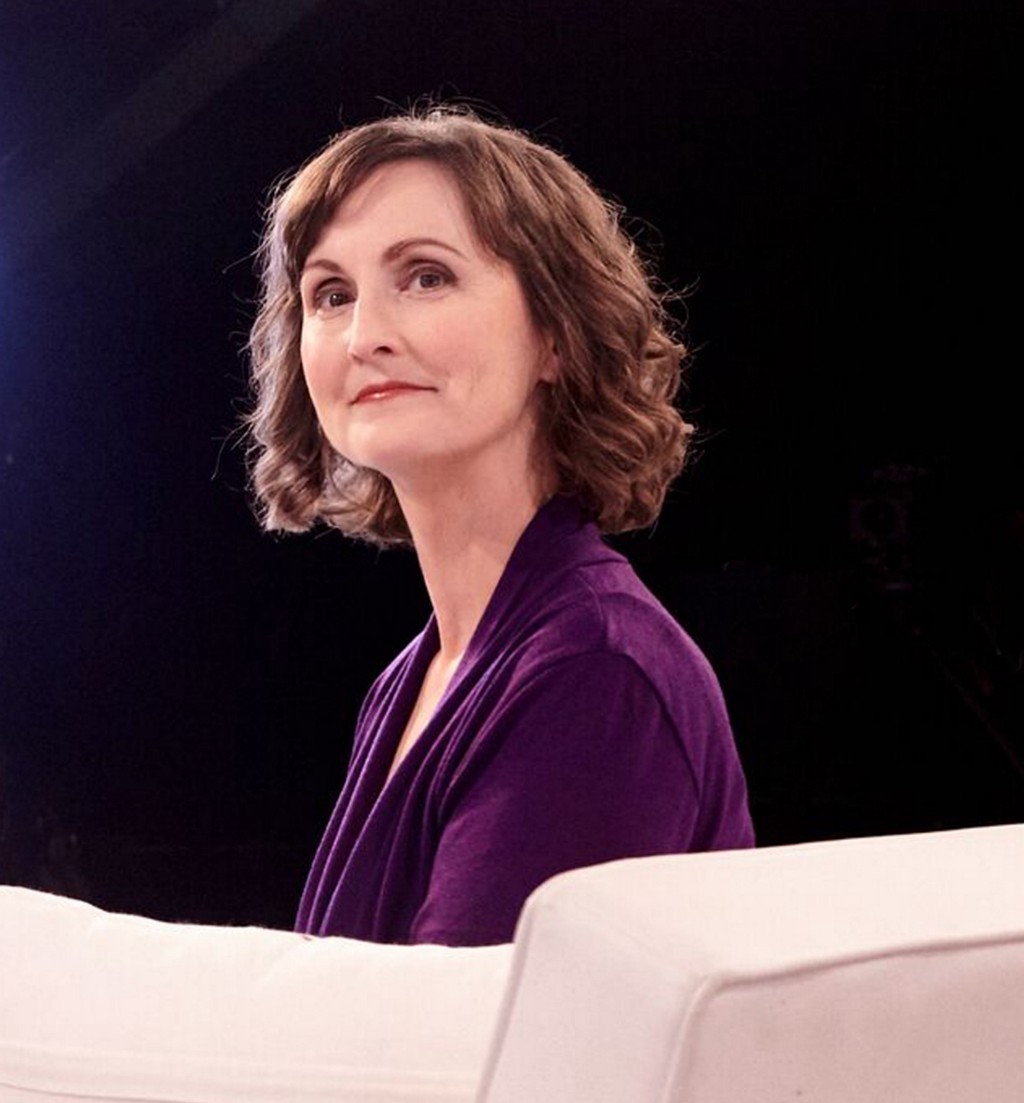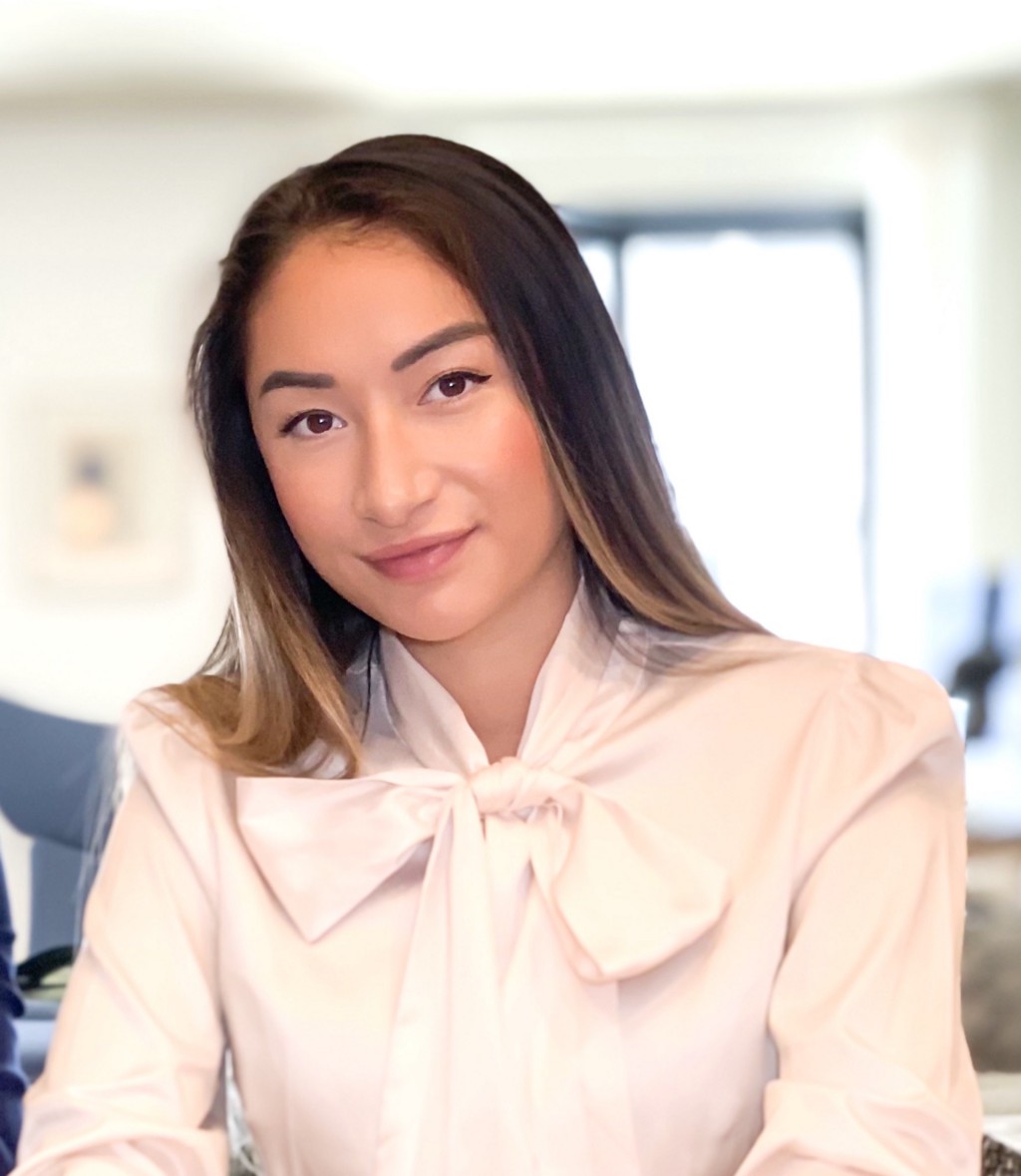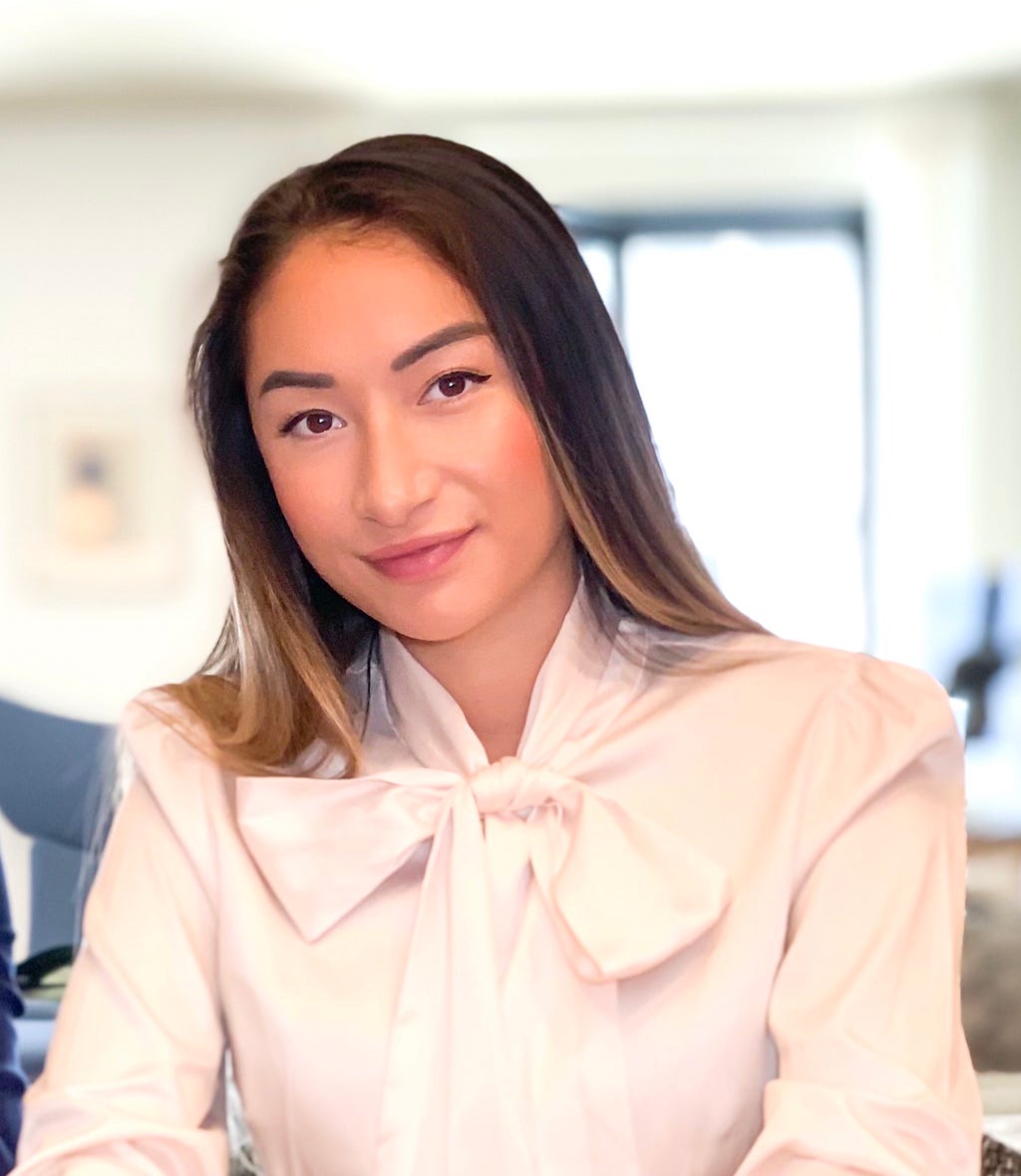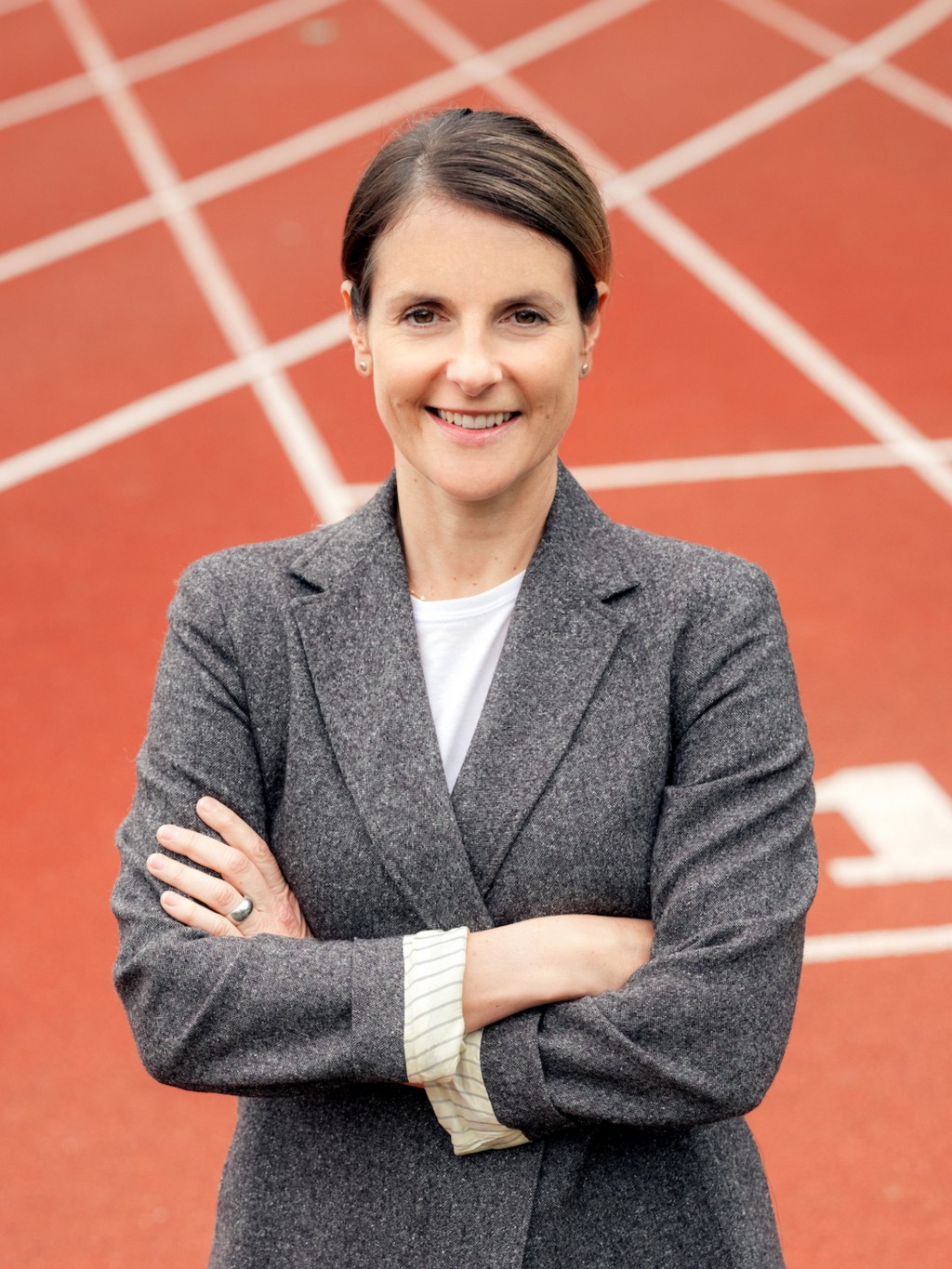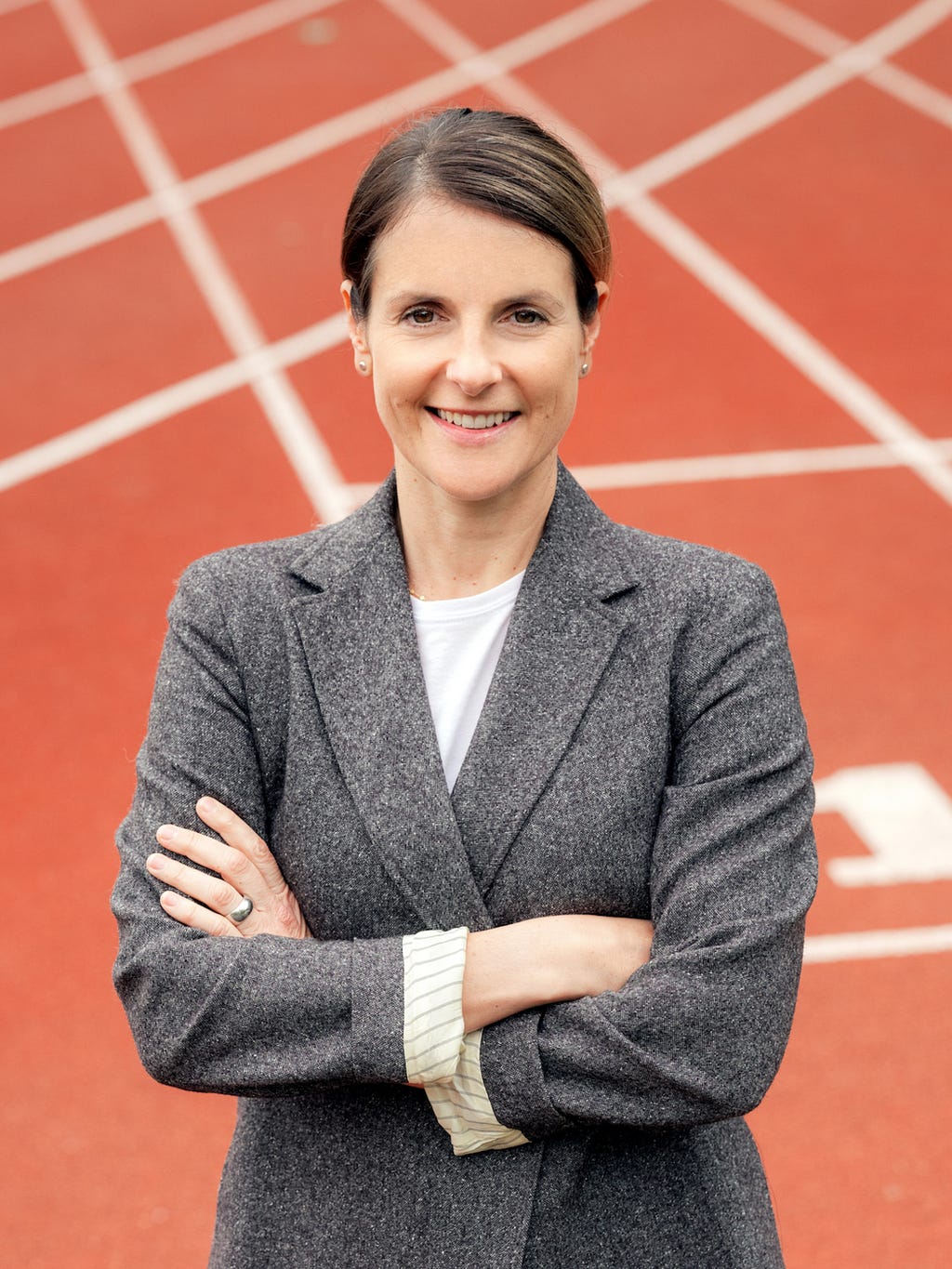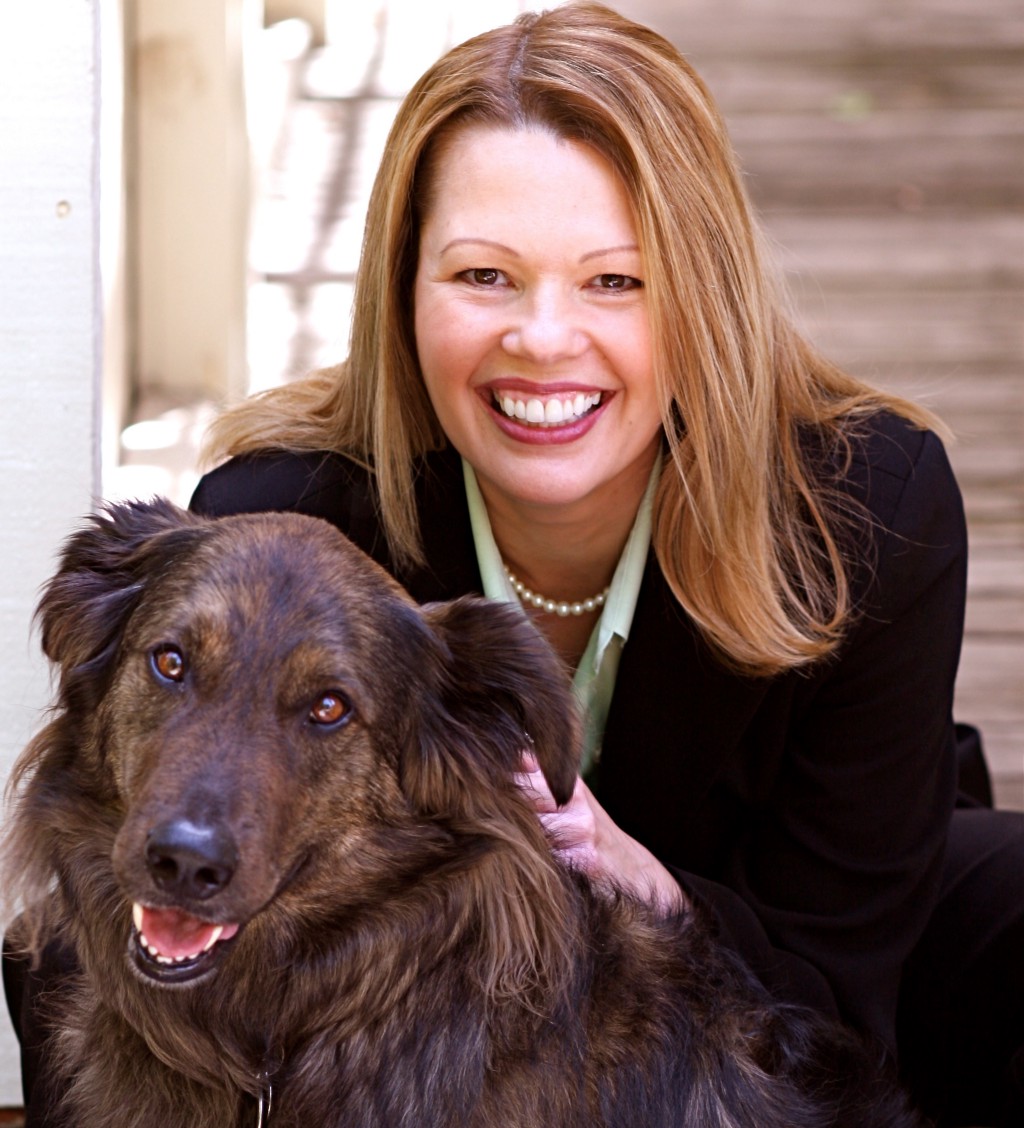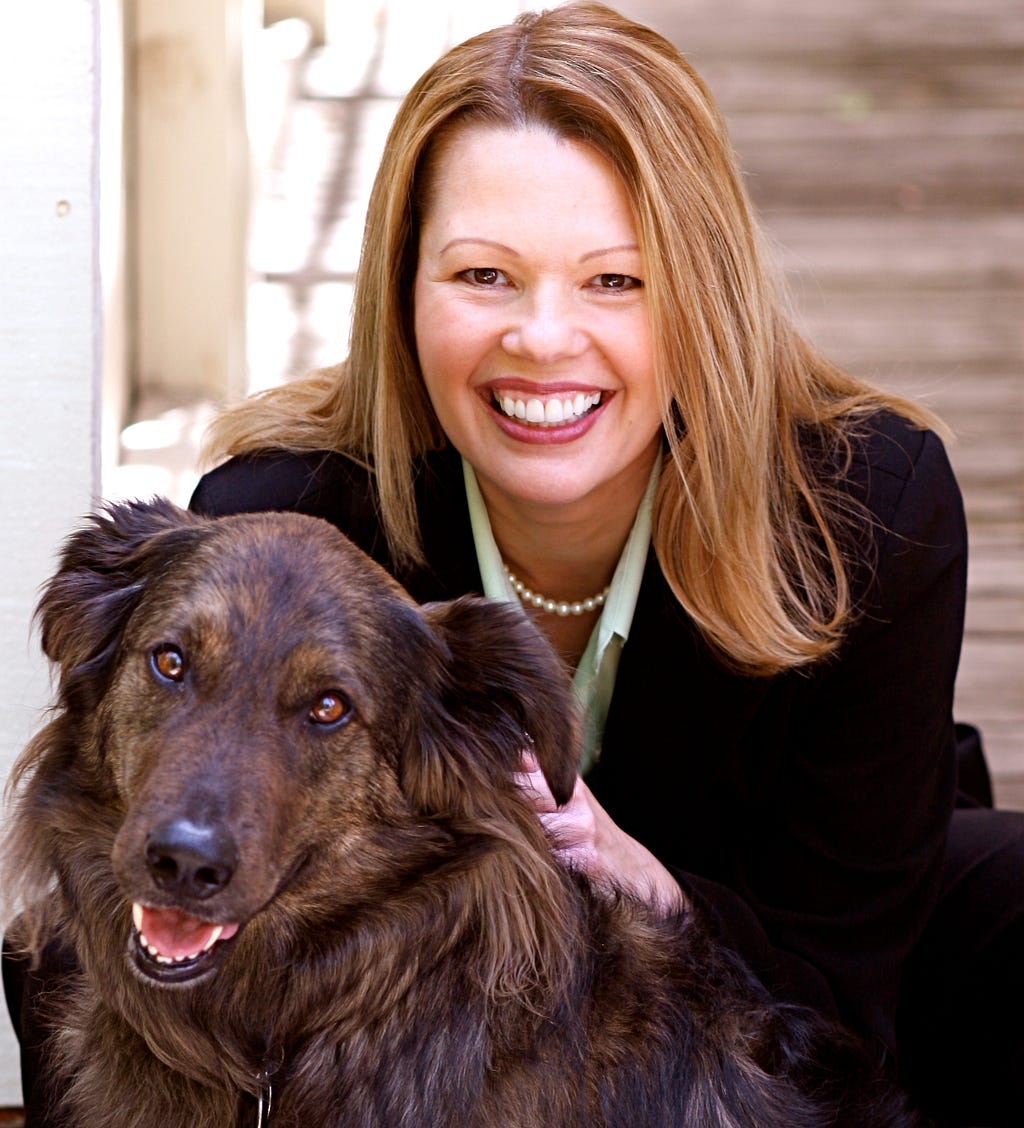An Interview with Candice Georgiadis
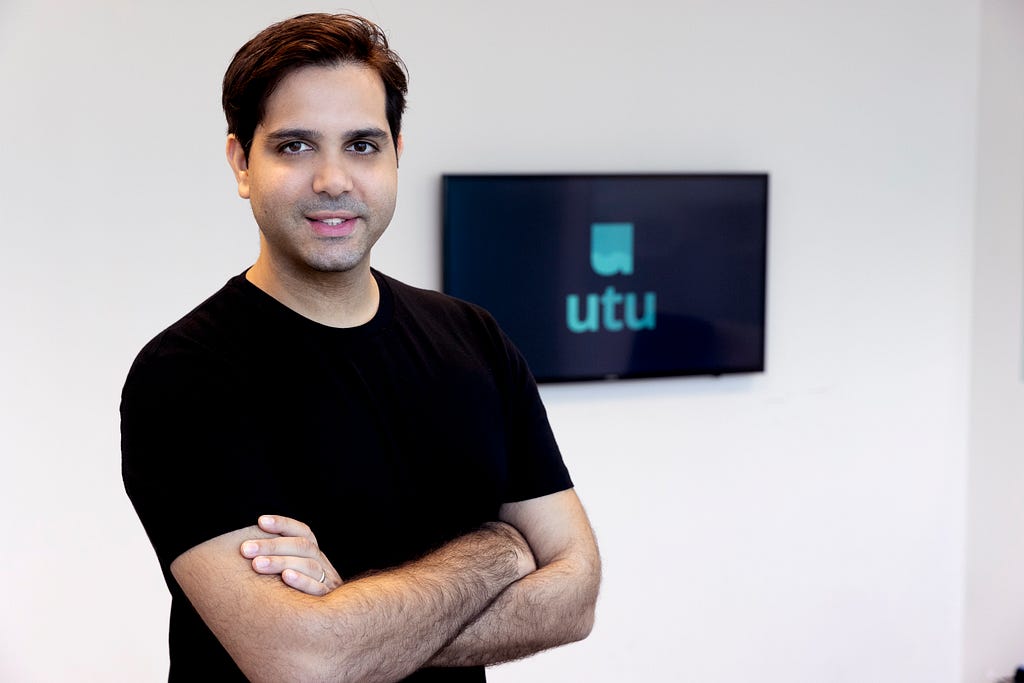
I try to encourage people to take time off to be with those close to them. If there’s one positive that has come out of the pandemic, it is that I feel more connected to my loved ones and we should not take these important relationships for granted in a post-Covid world.
As part of my series about “developments in the travel industry over the next five years”, I had the pleasure of interviewing Ameer Jumabhoy.
Ameer Jumabhoy heads up Community & Consumer Technology and is co-founder at utu, the travel startup transforming global travel by empowering tourists with higher VAT refunds.
While at graduate school at MIT, Ameer’s research brought him to the study of niche industries like tax free shopping. A number of these, he found, had serious inefficiencies that could not be solved purely through digitization, requiring instead significant business model transformation.
In 2016, he co-founded utu with the mission of transforming the global VAT refund industry and putting the traveler at the center of retail tourism. By creating a rewards layer on top of existing VAT refund services, utu is able to upsize these refunds for travelers, which are typically only about 60% of the actual tax paid for their shopping. As well as helping travelers, utu’s business model innovation helps drive value for the partners in the travel industry such as airlines, hotels and retailers.
Ameer graduated with a Bachelor of Arts in Political Science and Government from Rice University and holds a Master of Business Administration (MBA) from MIT.
Thank you so much for joining us! Can you tell us a story about what brought you to this specific career path?
At the time, I was operating a rewards platform in Thailand together with my current co-founder. We eventually realized that a VAT refund was actually a type of reward as well — one that countries provide to drive tourism sales volumes. While my co-founder had deep domain expertise in the VAT refund industry, I had studied the technology behind it. And so the idea emerged of creating a product that would have tax refund at its core, but which would be enhanced with rewards, a complete novelty in the industry.
We decided to investigate further by taking a trip to London and do some market research on the ground. This was just before the UK decided to scrap VAT refund altogether. We ended up getting matching ties from a major retailer in Knightsbridge, one of the city’s main shopping districts. We were shocked to see that, despite all the advancements in technology of the last few years, we were only receiving a 45% refund for the VAT we had paid. The long line at Heathrow airport when we were leaving did nothing to improve our mood, and validated the need for digitization and business model innovation in the industry.
Our trip to London confirmed what we already knew. But it helped reaffirm our conviction to make a difference for millions of consumers. So, we recast our business by making VAT refund the central pillar of our business model and layered it with rewards. Combined with the technology we had developed, we are able to find a way to upsize the amount that shoppers get on their VAT refunds, so that instead of 45% or so, they could get a number much closer to 100%.
Can you share the most interesting story that happened to you since you started your career?
We were about to launch utu Tax Free, a product aimed at giving tourists a minimum of 85% refund (an upgrade from the ~60% refund the tourist currently gets), in Italy in December 2019 and were leveraging a partnership with a foreign exchange group to distribute our product. 48 hours before we were to go live, they decided to withdraw from their agreement with us and we were left without a distribution partner. Lacking time, we were obliged to scramble a solution on our own as our customers would be expecting the higher refund we had promised. Within 48 hours, we set up a physical utu pop-up lounge right in the heart of the shopping belt in Milan, just off via Montenapoleone.
I will never forget the experience of renting furniture, setting up the systems and manning the lounge together with the enthusiastic utu Italian team and going two straight days without sleep. The great reception we received from tourists visiting Montenapoleone street was not only a testament to the strength of our product but also to the passion and dedication of the team!
Can you share a story about the funniest mistake you made when you were first starting? Can you tell us what lesson you learned from that?
I don’t know if this was a mistake per se but when we first started the company, I remember having been in Geneva to meet with a major retail group. Fifteen minutes before my meeting with them, my suit pants ripped down the middle. In a total panic, I ran to the first shop near my hotel and had to buy the first suit that looked like it would fit me without trying it on. I managed to make it to the meeting on time but I probably did not look overly fashion forward. Now, I always carry a backup suit. Lesson learned, always have a Plan B.
Which tips would you recommend to your colleagues in your industry to help them to thrive and not “burn out”? Can you share a story about that?
It’s important to say upfront that life at a startup can be extremely chaotic and that the unexpected should be expected. With that in mind, there are three tips I suggest. The first is to get the right minded teammates and collaboratively resolve and build. The second is to be inclusive and create a conducive environment where colleagues are comfortable and open to share their opinions and creativity. It is about building a strong culture based on teams that can develop and empower individuals.
Finally, I try to encourage people to take time off to be with those close to them. If there’s one positive that has come out of the pandemic, it is that I feel more connected to my loved ones and we should not take these important relationships for granted in a post-Covid world.
None of us are able to achieve success without some help along the way. Is there a particular person who you are grateful towards OR who helped get you to where you are? Can you share a story?
In a company like ours, there are so many individual heroes on a day-to-day basis. However, what has been a constantly inspiring force has been the unity displayed by the team, especially in the face of great adversity. During the pandemic, we tragically lost our lead iOS developer to Covid-19 in India despite the company ensuring he received the healthcare resources he required. The entire company was shaken. This was a very special person that will be remembered for a long time by many people, and it was tragic.
After the team had gotten over the initial shock of losing someone so incredibly talented, the response from our team was amazing. Individuals across all teams around the world came forth with ideas on how we could support his family. Some individuals took it upon themselves to be pillars of support to those most affected. That sort of selflessness and deep sense of empathy is what I am most grateful for.
Can you share with our readers about the innovations that you are bringing to the travel and hospitality industries?
Two of the biggest complaints that I receive from friends who travel are that the tax refund process is incredibly laborious but more importantly, they receive so little of their refund that they feel short-changed; it is not worth their time — between high fees and foreign exchange charges, tourists only get between 50–60% of their refund. I hold a firm belief that digitization will occur in every aspect of our lives and the efficiencies from digital and mobile services will be bestowed on the travel industry as well. Innovation most often comes from new companies with fresh ideas on customer service and user value.
Companies which display an ability to transform business models in order to put the traveler back in the center of the travel retail universe will succeed. To that extent, our strategy to empower travelers with choice and convenience up-sizing any any tax refund across the world will be a path breaking innovation as it will layer the utu service across the entire industry. Not only will shoppers delight in getting more, but so will refund companies as they can continue their high-priced service to start with!
Which “pain point” are you trying to address by introducing this innovation?
We are working on solving systemic friction. There are too many micro-experiences within the refund process that frustrate travelers. We are baking machine learning and artificial intelligence into our products to move every transaction to becoming digital and mobile, all while giving more back to the tourist. The most important thing is to get people accustomed to the idea that the new normal of tax refunding is not going back to the way things were done but to a combination of digitization and business model transformation.
How do you envision that this might disrupt the status quo?
We must remember that it is the tourist who does the shopping. Shifting tourists to a mobile-first solution will be transformational for the industry. Mobile-first means that tourists take control of their refund — which we at utu believe is their fundamental right. The regulations in the EU are supportive of this. However, as we found in our beta test pre-Covid, practice needs to adapt because technology says that now, you can take control of your refund. It means that the individual who makes a conscious decision to purchase an item also becomes a conscious claimant of the refund rather than relying on intermediaries like shops to decide which operator to pass the refund to because of their cut of the shoppers’ refund. This will create a seismic shift in the status quo, putting the tourist at the center of the transaction.
As you know, COVID19 changed the world as we know it. Can you share some examples of how travel and hospitality companies will be adjusting over the next five years to the new ways that consumers will prefer to travel?
I believe that there will be pent-up demand for shopping and retail will have to adapt to being more customer-centric than ever before, ensuring people feel like they are being put at the center of the shopping experience.
Also, with work-from-home being more commonplace, people will want to travel and even extend their visits to work from abroad. Tourism will be a beneficiary as cities, accomodation and short term workspaces will augment the new demands for shopping and activities this transition offers. I believe that value and a sense of fairness will take center stage within this evolving opportunity.
You are a travel industry insider. How would you describe your perfect travel experience?
I love to walk in places I have never been to — it helps me get a better sense of the rich tapestry that makes up the place and a first hand look at the great cultural aspects of a city. I love traveling to Europe and my perfect experience would be to walk in a city I’ve never been to before, checking out fantastic restaurants that locals suggest and visiting culturally significant attractions. Of course, I always try to buy something special from every place I visit and I would certainly want the best and easiest way to get a refund on my purchases! Amsterdam, Lisbon and Oslo are high up on my list!
Can you share with our readers how you use your success to bring goodness to the world?
I believe that we could all bring goodness to the world by using the skills we have developed through our professional and personal journeys to inspire people to take a leap of faith in solving their society’s challenging problems and elevate the consciousness within their communities.
In the last month I was fortunate to visit the Habib University in Pakistan — an institute that is looking to turn the conventional model of tertiary education in the country on its head. I was inspired by the mission of the university to use a liberal arts curriculum — a fairly new concept there — to shape future leaders of the Pakistani community. One element where the university wants to push further in inspiring its student body is to get them to take the plunge towards solving some of the country’s biggest problems. In meeting with the university president, I realised that it was within my capability to help his effort by laying the groundwork for developing an entrepreneurship culture within the university.
If you could start a movement that would bring the most amount of good to the most amount of people, what would that be?
This is probably a better question for a politician or a philosopher! There are so many important causes being brought to the fore — equality, empowerment and financial inclusion to name a few. I think most of us are aware of the grand challenges that exist in the world, the difficult bit is understanding where we can make an impact as individuals that will add to the whole.
An area where I feel I can play a role is in the promotion of customer rights, specifically in the tourism space. Tourists travelling for short periods of time in new countries and different cultures are a prime target to be taken advantage of, especially because they have no voice.
We’ve seen enormous advances in industries such as finance in the last few years. A number of innovative entrepreneurs have leveraged technology to make it easier for consumers to send and receive money across the globe, for instance. We want to start a movement that brings a similar transformation to the world of travel. There is a lot to simplify, clarify and, most importantly, a lot of potential to make travel a more pleasant and rewarding experience. Customer rights are especially dear to me, as it is an area I’m familiar with, and where I know most travellers aren’t. What we observe is that the asymmetry in information leads many in the travel industry to harvest the unsuspecting rather than innovate to delight tourists and upsize spend. The higher the number of people who understand and exercise their rights in tourism retail, the more the overall industry will be reform towards customer-centricity and the more they will earn through valuable services and delivering efficiency. But for that to happen, there needs to be a mindset change, more education and proactive involvement.
How can our readers follow you on social media?
Twitter: https://twitter.com/ameerjumabhoy
LinkedIn: https://www.linkedin.com/in/ameerjumabhoy/
Twitter utu: https://twitter.com/UtuGlobal
LinkedIn utu: https://www.linkedin.com/company/utuapp/
This was very inspiring. Thank you so much for joining us!
Ameer Jumabhoy of utu: The Future of Travel in The Post Covid World was originally published in Authority Magazine on Medium, where people are continuing the conversation by highlighting and responding to this story.

